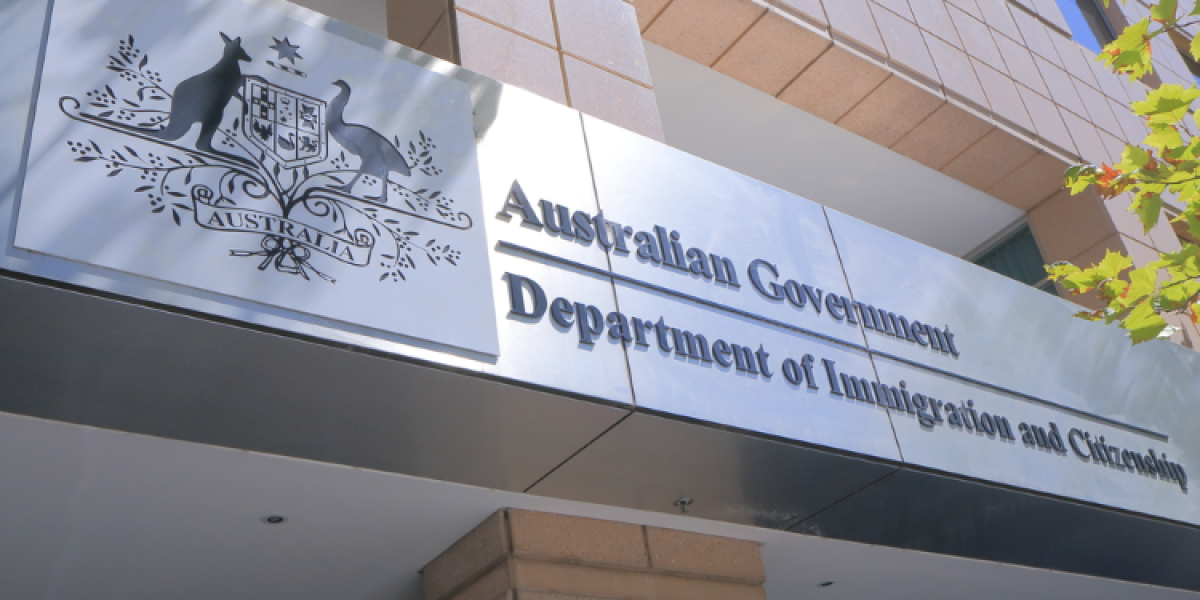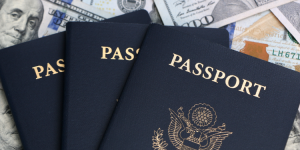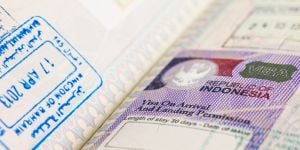
The Australian government is currently reviewing its visa policy, as announced by Home Affairs Minister Clare O'Neil, in preparation for the finalization of the federal budget. The changes are expected to come into effect on 1 July, the start of the financial year in Australia. The review aims to align the visa policy with the country's objectives and tackle the exploitation of temporary workers. According to the government, the existing system is flawed and no longer reflects market realities. What does this mean for expatriates?
Attract and retain more international talent
Australia is actively seeking foreign talent and plans to welcome around 400,000 immigrants this year and 315,000 next year. The aim is not only to fill the gap left by the absence of foreigners during the pandemic but also to offer a new perspective that will attract and retain more international talent. While the Home Secretary has stated that the government's policy is not to "take in more people", it is focused on attracting more foreign talent. With this in mind, the government is currently reviewing its visa policy.
Australia is currently facing a shortage of skilled and highly skilled foreign workers. This shortage is reflected in the constant demand for skilled workers by businesses. At the same time, a significant proportion of the foreign workforce are temporary workers in low-skilled jobs. The government considers this proportion to be too high, reporting systemic exploitation and the risk of creating a permanent underclass of temporary workers. The review of visa policy aims to rebalance the system.
Three-tier immigration
The Australian government has identified the need to simplify and clarify the visa application process, which currently offers 100 types of visas. The aim is to reduce the number of visas and eliminate those that do not reflect market realities or have never been used. The proposed three-tier immigration system will streamline procedures. The first tier will focus on high-income earners and will have simplified procedures. The second tier will apply to foreigners with average incomes and will serve as a "general framework" for entry into the country. The third tier will be reserved for low-income earners, with entry tailored to the needs of key industries. The visa policy review may also assess the points-based visa system.
Foreign workers get higher wages
Acknowledging that the current minimum wage for foreign workers is insufficient, the government has recognized that the earnings threshold for temporary skilled migration, which has remained unchanged at $53,000 for a decade, does not reflect market developments or evolving economic and social circumstances. To address this, the government plans to increase the threshold to $70,000, demonstrating a significant commitment to recognizing the importance of foreign talent in Australia.
Skilled workers: the path to permanent residence
Like other countries, Australia is reviewing its visa policy to attract more skilled workers. The government recently announced that foreign talent would be able to apply for permanent residency from the end of this year. This is the second major announcement by the Australian government to attract international talent following the increase in the minimum wage. Abul Rizvi, a former Assistant Secretary in the Australian Department of Immigration, has welcomed the announcement. He believes that the wage freeze has had a negative impact on the migration of foreign talent. By increasing wages and streamlining the permanent residency process, Australia aims to not only attract but also retain foreign talent.
New rules for student visas in Australia
To address the labor shortages, Australia had previously allowed international students to work more than 40 hours per week. However, the government has announced that as of 1 July, the limit will be reinstated, with a maximum of 48 hours per week. This decision was made in response to concerns that some student visas were being misused, with students prioritizing work over their studies. As part of a wider visa review, the government is exploring new ways to improve student flows and support graduates. One such measure is the extension of the temporary graduate visa (subclass 485) for bachelor's, master's, and doctoral degree holders. Bachelor's degree holders will now be able to stay for four years after graduation, which is two years longer than the current period. Similarly, master's degree holders will be able to stay for five years (an additional three years), while doctoral degree holders will be able to stay for six years (an additional four years).
What's new for the Working Holiday Makers?
Similar to the Working Holiday Visa, the Working Holiday Maker (WHM) has certain initial restrictions. During the Covid pandemic, the WHM rules were relaxed to address labor shortages. WHM holders were allowed to work for more than 6 months without applying for a special permit. However, from 1 July, things will return to normal. Foreigners will only be allowed to work for the same employer for a period of 6 months (a measure aimed at preventing the exploitation of workers). It is important to note that the WHM is not a work visa but a travel visa that allows for some work periods to finance the stay in Australia. However, any work started before 1 July can continue after the restrictions are reinstated, even if it exceeds 6 months.
A new visa for Pacific migrants
The Pacific Engagement Visa (PEV) is a recent addition to Australia's visa program, aimed at strengthening ties with Pacific countries and East Timor. The visa offers 3,000 places, allocated through a voting system. Successful applicants will have the opportunity to apply for permanent residency. Applications for the PEV will be available online from July.
Easing the access to Australian citizenship for New Zealanders
From 1 July, New Zealanders who have lived in Australia for at least four years will be able to apply for Australian citizenship without needing a permanent residence visa. However, this simplified process will only apply to Special Category Visa (Subclass 444) holders who arrived in Australia after 26 February 2001, and the period of residence for long-term residents may be applied retrospectively. There will also be changes to the Skilled Independent Visa (Subclass 189), with the section relating to New Zealanders being permanently closed from 1 July.
These changes are part of Australia's long-term strategy to address labor shortages through immigration. The government wants to increase the skilled migration quota by 25 percent from 2023, attracting skilled migrants who may have a degree but face difficulties getting their qualifications recognized in Australia. With other countries also competing for skilled migrants, Australia hopes its reforms will make it an attractive destination for foreign talent and encourage them to stay in the country.



















